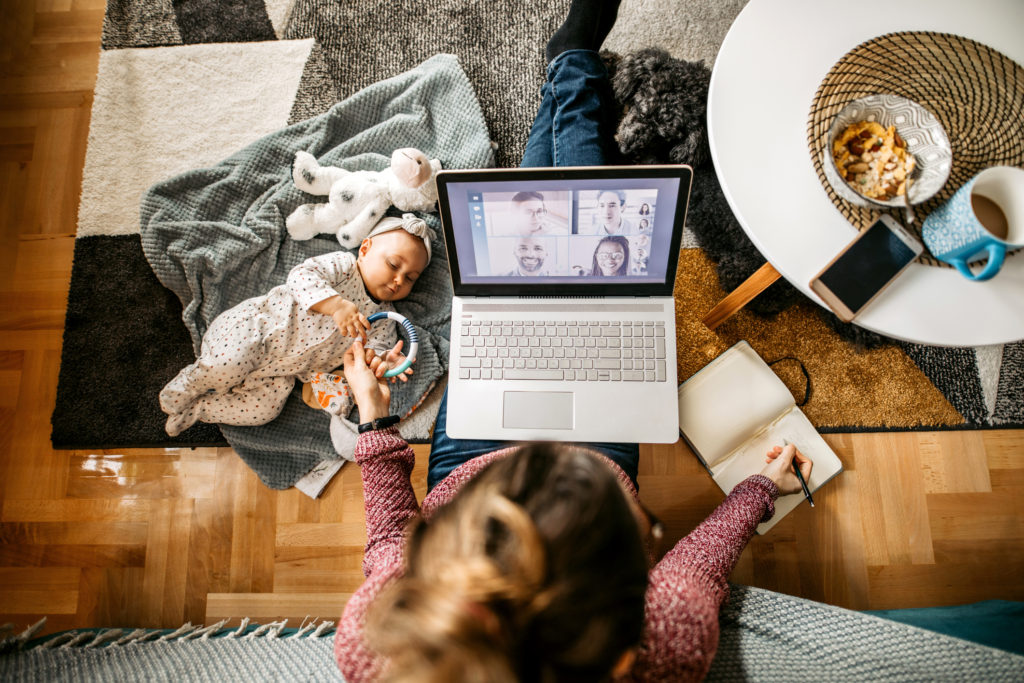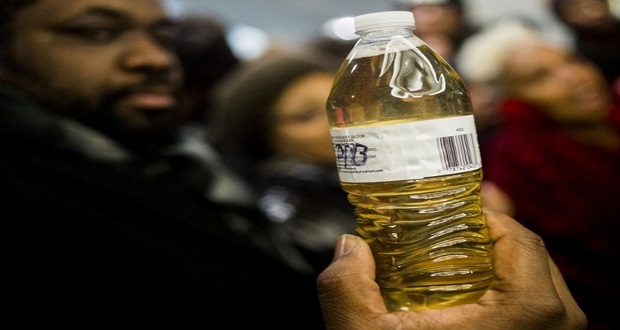The way we think about work will never be the same again, and it has real implications for diversity, equity, inclusion, and justice (DEIJ). The Great Resignation, remote/hybrid arrangements, and new attitudes about work all have profound implications for DEIJ work.
Caveat: These trends are more likely to apply to what has been traditionally known as the “office” work force. There are also significant implications for service, production, front-line, and other work categories which I will address in a subsequent post.
Trend 1: Women Lead the Great Resignation
There are currently 10 million unfilled jobs in the U.S. Employers are finding it difficult to fill jobs. About 4 million people left the workforce every month in 2021 and more of them were women. Women’s participation rate in the workforce has dropped to a 33-year low. There are myriad reasons, most related to the persistence of gender inequities in the workplace. Women continue to make less money than men for the same job, are still considered the primary caretaker of children and others, and still face biases that men do not. Women are fed up with stressful jobs where they are not respected and valued for their contributions. The pandemic served as a catalyst for many women to say enough is enough. Black women are among many of the “Great Resigners” who feel the weight of the pandemic, perhaps even more than white women as there is a higher incidence of COVID among Black communities. In addition, studies show that Black women are even less valued in large corporate spaces. White women and women of color are starting their own businesses in record numbers. Before the pandemic, one-third of new businesses were started by women; that number is now one-half. And more Black women than white women are starting their own businesses.
Implications: As women leave the “traditional” workforce, and by that I mean large companies, these organizations will lose the unique perspectives that women bring to the culture and to the bottom line. Women who find themselves fighting biases and injustices in the workplace and grappling with navigating the pandemic, say enough is enough and for their own well-being jump off the corporate ladder.
If these large organizations that espouse diversity and inclusion as one of their values want to attract and retain women, they will have to completely rethink their approaches, including eliminating pay inequities, providing the type of flexibility that women need to thrive as whole humans, and most importantly providing opportunities for growth. The pandemic has awakened women to their innate worth, realizing that they have even better options to fulfillment than their 9 to 5.
If orgs that espouse DEI as a value want to attract and retain women, they will have to rethink their approaches, including eliminating pay inequities, providing flexibility, and providing opportunities for growth. Share on X
Trend 2: Remote Work Is Here to Stay
For those whose jobs allow them the privilege of working remotely, remote and hybrid work are the order of the day. It has become commonplace for those who used to go to the office to start their workday in their pajama bottoms with acceptable Zoom attire on top. We may work from our kitchen or a makeshift home office with our dog by our side, or cat crawling over the keyboard. A toddler may show up on the screen asking for juice or help with a school assignment.
Remote work is not new. It has been trending for a while. I think I was ahead of my time sans the dog and preschooler. I started The Winters Group in 1984 in my basement. I worked in my pajamas. I remember being admonished by a potential client: “If you are a real business, you need to have a real office.” At that time there was a mental model of what an office looked like. No more.
Many organizations forbade remote work thinking that workers would not be productive. As a matter of fact, studies conducted long before the pandemic showed that remote workers were actually more productive than in-office workers, which leaders are now learning out of necessity. Studies show that women and people of color more strongly agree that they want to work remotely beyond the pandemic mainly to mitigate subtle and not-so-subtle biases and aggressions in face-to-face workplace encounters. I offered tips for fostering inclusion in remote/hybrid work settings in this post.
Studies show that women and people of color want to work remotely beyond the pandemic mainly to mitigate subtle and not-so-subtle biases and aggressions in face-to-face workplace encounters. Share on XImplications: Will those who are “in” the office become the “in” group and those who are working “out” of the physical office space become the “out” group? There is a high likelihood of this happening because those who are already members of “out” groups (i.e., historically marginalized groups — women, people of color, people with disabilities, etc.) are more apt to take advantage of remote working arrangements. This could lead to perpetuating existing inequities.
Will those who are 'in' the office become the 'in' group and those who are working 'out' of the physical office space become the 'out' group? Share on X
Trend 3: Wellness Over Work
It is no longer a badge of honor to be labeled a “workaholic” (not that it ever should have been). I started my career in a world where, even if not overtly, people who put in long hours and prioritized work over rest were considered go-getters and were rewarded with promotions and raises. I can remember my peers boasting, “I have not had a vacation in five years.” (The workaholic norm was more of a U.S. phenomenon, not embraced in many other parts of the world.)
Brittany J. Harris, Vice President of Learning and Innovation at The Winters Group, shares in a podcast for Living Corporate entitled “I Am Not My Work” her reflections on internalized capitalism where we put productivity over our health, feel guilty when we are not “producing,” and feel that our primary function is to be a tool for productivity. She invites us to reimagine our attitudes about and relationship with work — where we believe rest to be just as important as work, worthy of prioritization without guilt. As a baby boomer, I must admit that when I first heard this perspective, it gave me cause to pause. I am from a generation that declared with pride: “If you love what you do, then it is not work.”
We have talked about work-life balance for years with many workers saying it was more myth than reality, which is in part fueling the Great Resignation. For younger millennials and Gen Zs, it is not just a wish, it is a requirement. Research shows that they prioritize work-life balance and well-being over salaries. Lindsay Dumas offers her perspective in an Inclusion Solution post, “Re-imagining a Different Way to Work and Live,” as a young woman navigating her job search at the height of the pandemic.
Today’s workforce wants benefits that include self-care and well-being options. The Winters Group just added a benefit offered by Holisticly, a company that provides an array of fitness, mental health, nutrition, and continuous learning offerings.
Implications: The catastrophic events of the past few years have caused many of us mental stress and even trauma. There is a well-known phrase (coined long before the pandemic) in the Black community: “When the world gets a cold, Black people get pneumonia.” Everybody’s mental resolve is being tested today and for Black people and other marginalized groups, the impact is even greater. Organizations will have to rethink their conceptions of work, productivity, and flexibility if they want to attract and retain talent. This will mean not only changing policies but also unwritten practices that perpetuate the internalized capitalism mindset.
It is a worker’s market. Unemployment rates are low; people are quitting in record numbers. If you did not believe before that diversity, equity, inclusion, and justice is the answer, you should believe it now. People will be willing to work for organizations that value them, understand their cultural differences, ensure they are safe both physically and psychologically, and are recognized for their contributions.
It is a worker’s market. Unemployment rates are low; people are quitting in record numbers. If you did not believe before that diversity, equity, inclusion, and justice is the answer, you should believe it now. Share on X



















